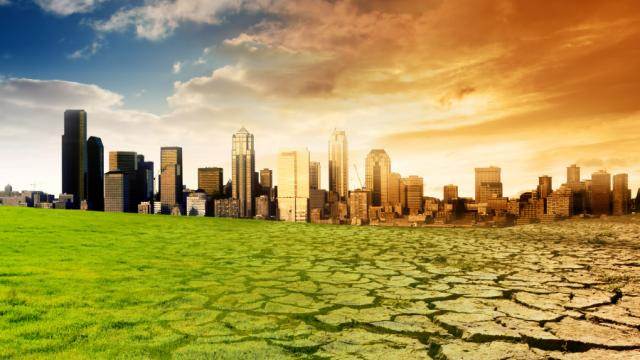
Educate or eradicate
by Thomas Downe
Teach the youth about the world or find environmental harm continuing into the next generation. To rubberstamp this message, I feel that the predicted future of what climate change is going to do within the next generation’s lifetime needs to be highlighted. EPA have provided global predictions for 2100, including a heat increase of up to 2.7°F on average, which for every 2°F will decrease the area of ice in the arctic by 15%. Due to this, by 2100, there will be a 1 to 4-foot rise in global sea level. The equator will experience precipitation increase of around 30% leading to more devastating tropical storms. Lastly, ocean acidification will increase, slowing coral growth by up to 50% only by 2050. This data clearly highlights a problem that needs to be dealt with now and today. Meanwhile, we should be educating the young on what is going on in the world. They are the ones that will live through its dangers, if not are they going to just perpetuate the disasters and cause eradication?
In terms of what the educated are doing now, the Paris Climate Agreement 2015 showed the beginnings of a commitment to a global response. The overall cost of adapting countries to climate change will be $100 billion per year (put into context this is $13 per person on earth). Yet, new research argues that the biggest contributor to reducing climate-related disaster deaths is education. They back this up with evidence that suggested rising GDP did less than rising participation of women in education, highlighted in one instance by quicker responses to hurricane alerts in Cuba, Haiti, and the Dominican Republic. It’s fine to educate those who currently experience and therefore can adapt to the disasters, but if the people that we are bringing into this world know nothing about the global dilemmas that are occurring, how are they going to involve themselves?
When climate change is affecting the planet to the extent and rate that it is currently doing then responses are needed urgently. Up to 7 years ago, a study conducted for COP16 in 2010 by the Red Cross already predicted that during the 21st Century 30% of humanity will be at risk of extinction. Therefore, education needs to happen fast to teach humanity how to understand and control climate change. The focus on the young is because they will be the ones to live within this new world The need for change to the education of the young could not be stressed more than it was in a report in the USA in 2016, which discovered up to 30% of teachers spends less than an hour on the subject per year. As noted in the study, it is terrible preparation for the future response that is ‘critical to their own generation, children, and grandchildren’ (Plutzer, 2016). Coupled with this finding was a similar study, which found that school textbooks voiced doubt over climate change, and suggested it would be beneficial. While this is a clear problem, some may argue that it’s correct in its findings and that we are still unsure of the true causes. In this time being defined by post truths and anti-expert tensions, it’s vital that the correct information is given to the public. Scientists have known and studied for more than a century about the true causes of climate change, so why don’t our children.
Educating the young is becoming a massive issue and one that is being noticed. For Earth Day 2017, the Earth Day Network have defined the ‘promotion of environmental awareness and education… for future generations’ (emphasis added) as one of its main goals. A number of groups have highlighted the need for it, from WHO to Practical Action and IWG. To clarify, as American scientist Carl Sagan put it, “This is our world. It is our responsibility to cherish it”. One of the best ways to do this is to educate and equip the next generation not only to deal with the crises that are predicted to occur but also have a chance to experience the natural wonders of this small blue planet.
References
Plutzer, E., et al (2016) Climate Change Confusion among U.S teachers. Vol 351, Issue 6274, Science
Roman, D., Busch K.C. (2015) Textbooks of Doubt. Vol 2, Issue 8, Environmental Education Research:
Patt A., et al (2010) Estimating least-developed countries’ vulnerability to climate-related extreme events over the next 50 years. Vol 107, Issue 4. PNAS

0 Comments